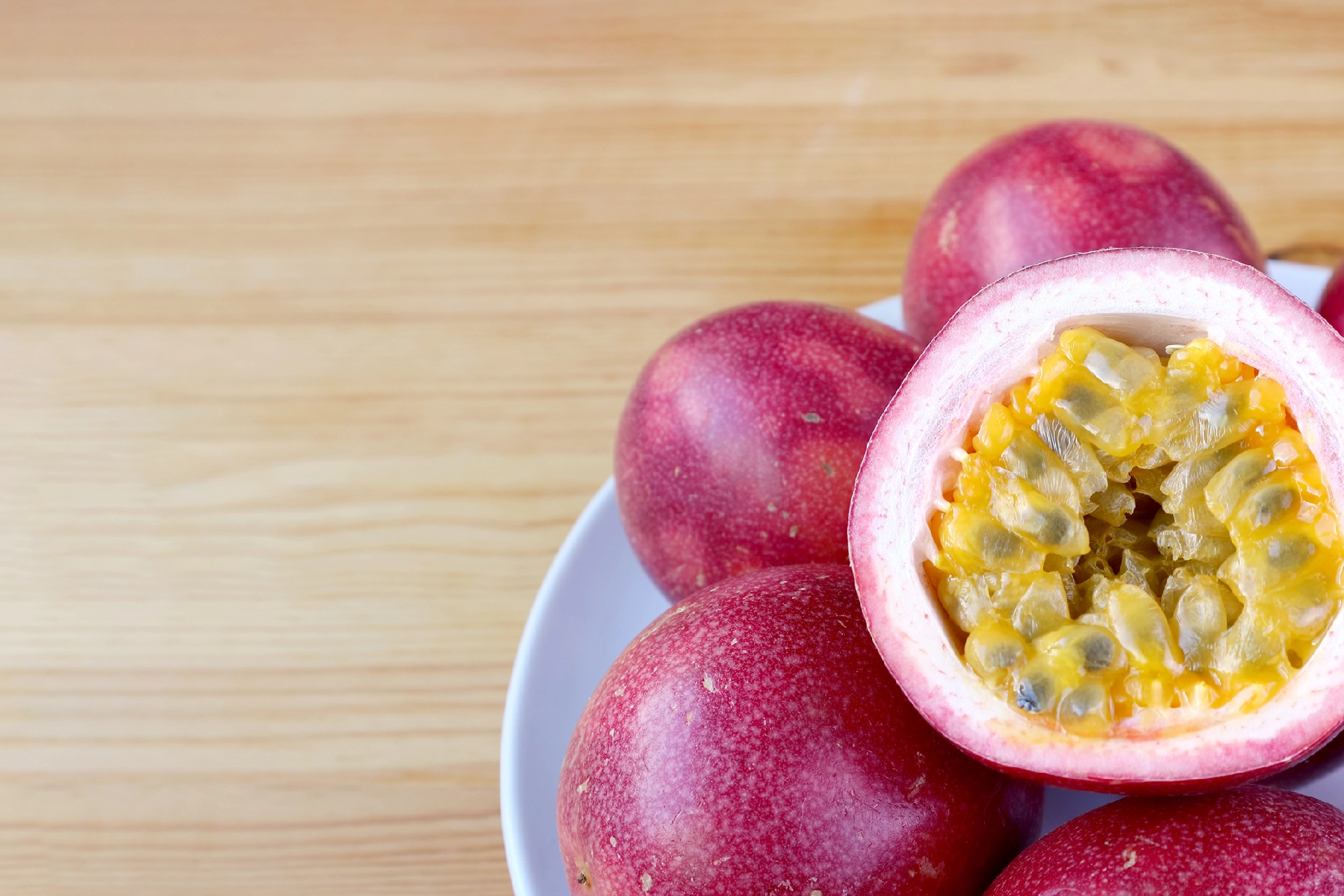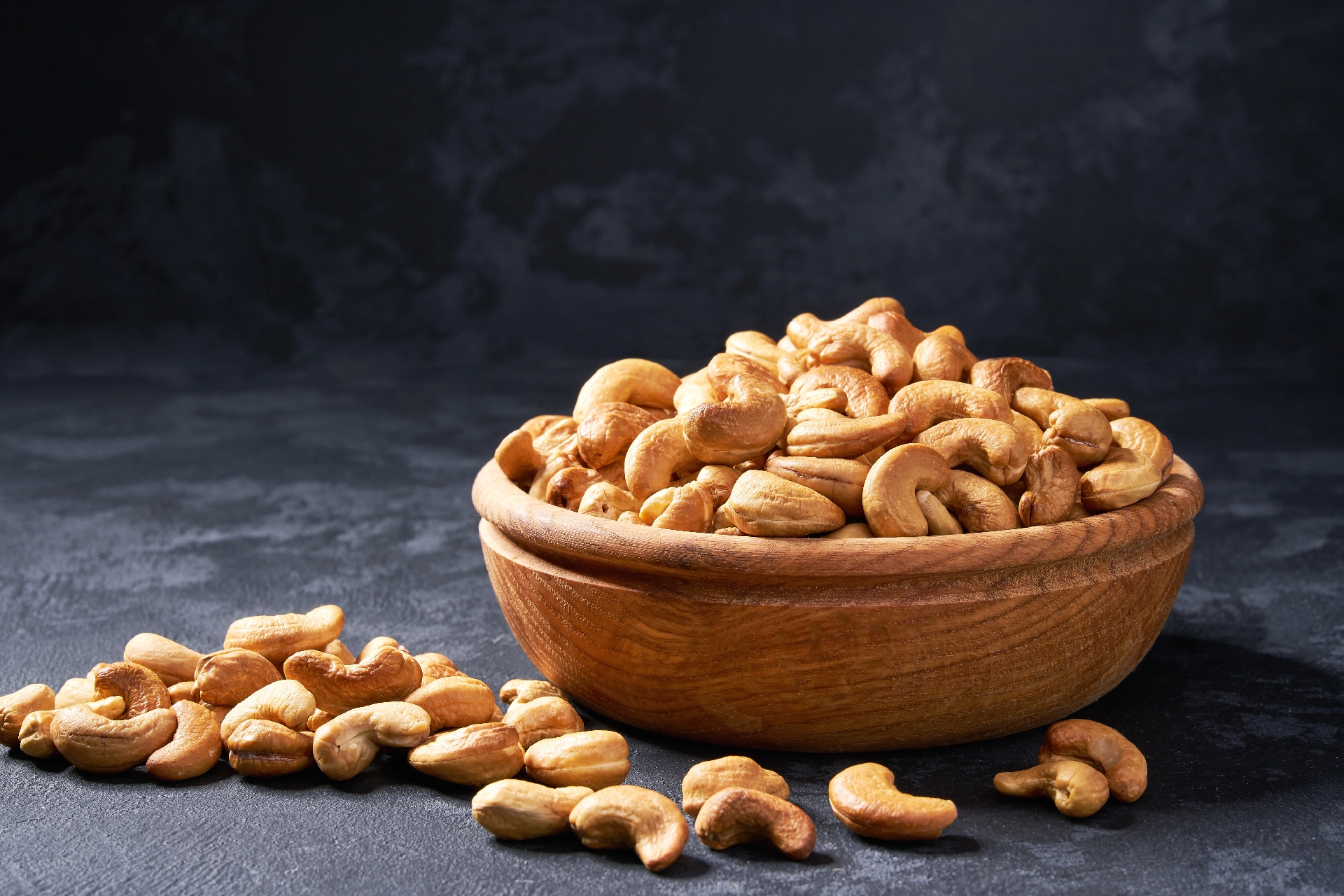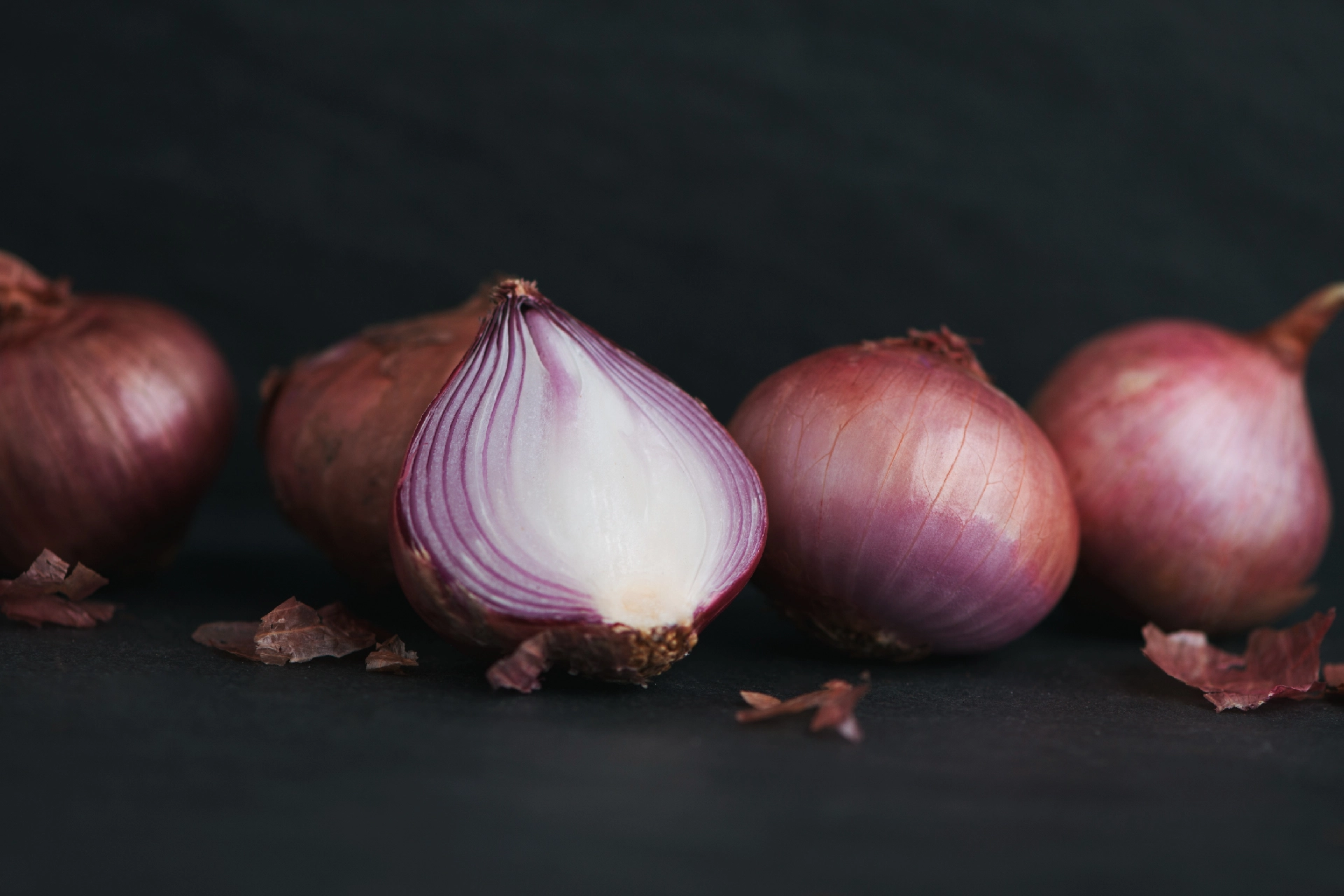General Physician | 7 min read
Vitamin D Rich Foods: Benefits, Veg and Non Veg Foods
Medically reviewed by
Table of Content
Synopsis
Vitamin D, or the "Sunshine Vitamin," is an important nutrient and hormone. It boosts bone health, strengthens immunity, and so much more. Incorporating vitamin D-rich foods into your diet ensures your body gets the nutrition it needs to thrive.
Key Takeaways
- Lack of vitamin D can lead to inadequate bone density, rickets, anxiety disorders, etc
- Vitamin D aids in weight control and mood improvement
- Sunlight exposure, egg yolks, kale, and mushrooms are some natural sources of vitamin D
Vitamin D food contains vitamin D, which is a family of fat-soluble vitamins D1, D2, and D3. Vitamin D is vital for the growth and development of bones and teeth and increases resistance to illnesses by boosting our immune system. Exposure to sunlight, rich vitamin D food, and supplements can help maintain optimal vitamin D levels in our blood.
Unlike other vitamins, which act as essential nutrients the body needs to function properly, vitamin D is converted into a hormone that regulates various physiological processes. Despite its importance, many people struggle to get enough vitamin D which can lead to serious health complications. However, there are plenty of delicious and nutritious vitamin D food to choose from that help you meet your daily requirement. This article will explore some of the best vitamin D food sources, the ideal dosage, benefits, and more.
Right Dosage of Vitamin D
Your daily dose of vitamin D should be measured in micrograms (mcg) or international units (IU). 40 IU are contained in one mcg of vitamin D. The following list contains recommended daily requirement of vitamin D:
- Infants (0–12 months): 10 mcg (400 IU)
- Children and teens: 15 mcg (600 IU)
- Adults aged 18–70: 15 mcg (600 IU)
- Adults over age 70: 20 mcg (800 IU)
- Breastfeeding or pregnant women: 15 mcg (600 IU)
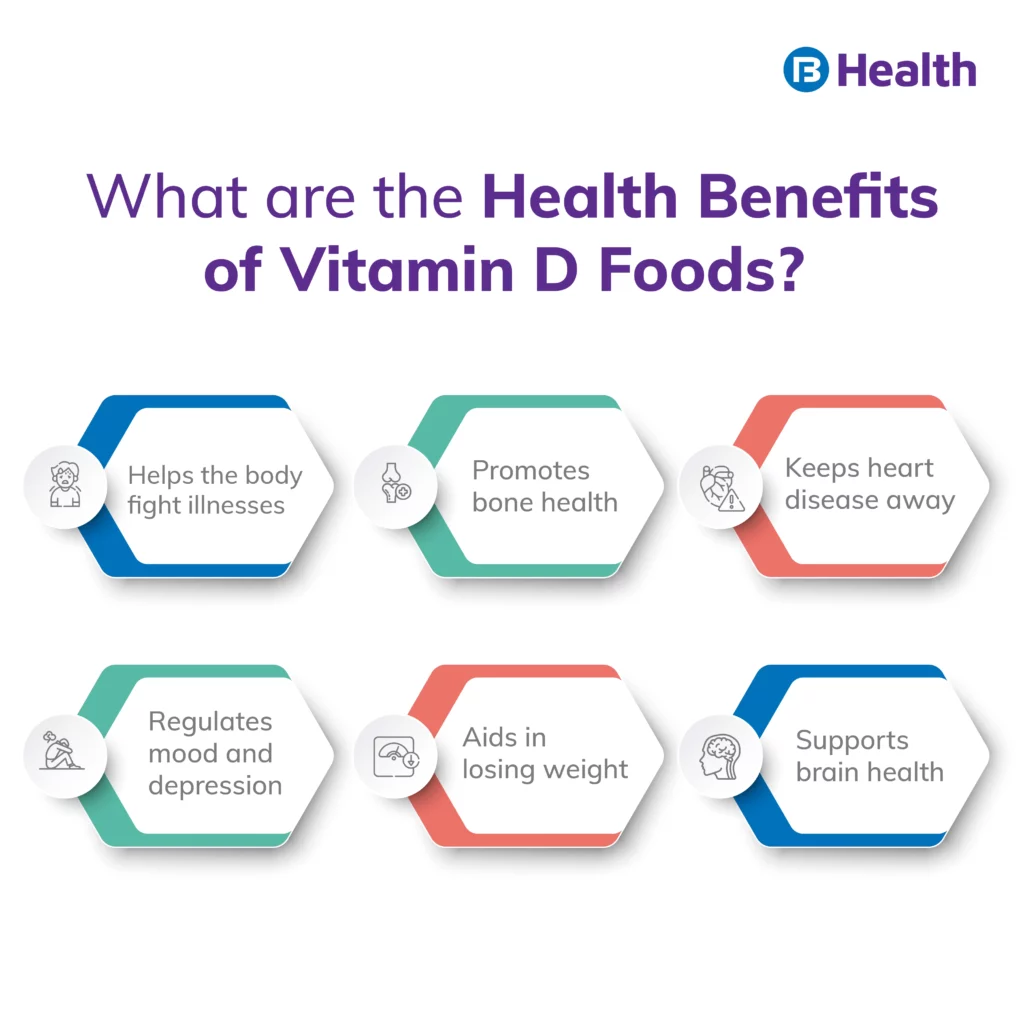
What Are The Major Sources Of Vitamin D?
One of the best vitamin D sources is sunlight. Spending a few minutes in the sun is enough for your vitamin D levels to increase. This is because sunlight triggers a chemical reaction in our skin that converts cholesterol in our skin into pre-vitamin D3. This is then converted into the active form of vitamin D in the liver and kidneys.
For those living in areas with limited sunlight or even having enough sun exposure, adding vitamin D foods to your diet may be necessary to meet your daily needs. In addition, those severely lacking vitamin D in their systems may need to take vitamin D supplements in addition to natural sources of vitamin DFoods Rich in Vitamin D
10% of the total vitamin D in our bodies comes from food. [1] While food may only provide a small percentage of the total vitamin D in our bodies, consumption of foods high in vitamin D is still an important part of maintaining adequate vitamin D levels and overall health. If you're looking to increase your vitamin D intake, incorporating these vitamin D rich foods into your diet is a great place to start.
Vitamin D Rich Vegetarian Foods
Kale
Kale, the king of all leafy vegetables, is one of the richest vitamin B and vitamin D foods for vegetarians. Its strong nutritional qualities are known to support the growth of the brain and strengthen the immune system.
Oranges
Antioxidants found in oranges aid the body in battling illnesses. Oranges are among the top vitamin D food. You will get 137 IU of vitamin D in 1 glass of fortified orange juice. You can increase your vitamin D intake by consuming one glass of orange juice daily.
Cheese
Cheese contains a lot of calcium, phosphorus, protein, and fat and is a rich vitamin D food source. Here are some types of cheese and the amount of vitamin D they contain:
- 100 gm Cheddar cheese: 24 IU Vitamin D
- 100 gm Feta cheese: 16 IU Vitamin D
- 100 gm Swiss cheese: 20 IU Vitamin D
Mushrooms
Sun-dried mushrooms are one of the most preferred vitamin D foods for vegetarians. However, most mushrooms don't naturally contain vitamin D. To create vitamin D; mushrooms must be exposed to UV radiation. The amount of UV light a mushroom receives determines how much vitamin D is available.
Fortified milk
Another important and readily available vitamin D food is fortified milk. 115–124 IU of vitamin D are present in 236 ml of fortified milk. Similar quantities of vitamin D are present in plant-based soy or almond milk.
Fortified yoghurt
Yoghurt with added nutrients is also a fine example of rich vitamin D food, giving you 10–20% of your recommended daily intake of vitamin D. In addition, it is also beneficial for the gut.
Fortified cereals
Oatmeal that is unsweetened and fortified can provide about 40 IU of vitamin D per serving, increasing your diet's intake of vitamin D food significantly.
Non-Vegetarian Foods Rich in Vitamin D
Salmon
Salmon is one of the non-vegetarian foods high in vitamin D. It also contains Omega-3 fatty acids and is a high-quality protein rich food. A total of 447 IU of vitamin D is found in cooked salmon serving.
Tuna fish
One of the best foods high in vitamin D is Tuna fish. Eighty-five grams or three ounces of tuna have 154 IU of vitamin D in them.
Egg yolks
Next on the vitamin D foods list are eggs. The amount of vitamin D in one egg yolk is 41 IU. Eggs are also a fantastic source of calcium, protein, zinc, and other important elements.
Cod liver oil
Cod liver oil is very nourishing and contains vitamins A and D. One teaspoon of cod liver oil contains roughly 113% of your recommended vitamin D intake.
Before adding any new vitamin D food to your diet, it’s always a good idea to get a general physician consultation.
Additional Read: Magnesium rich foods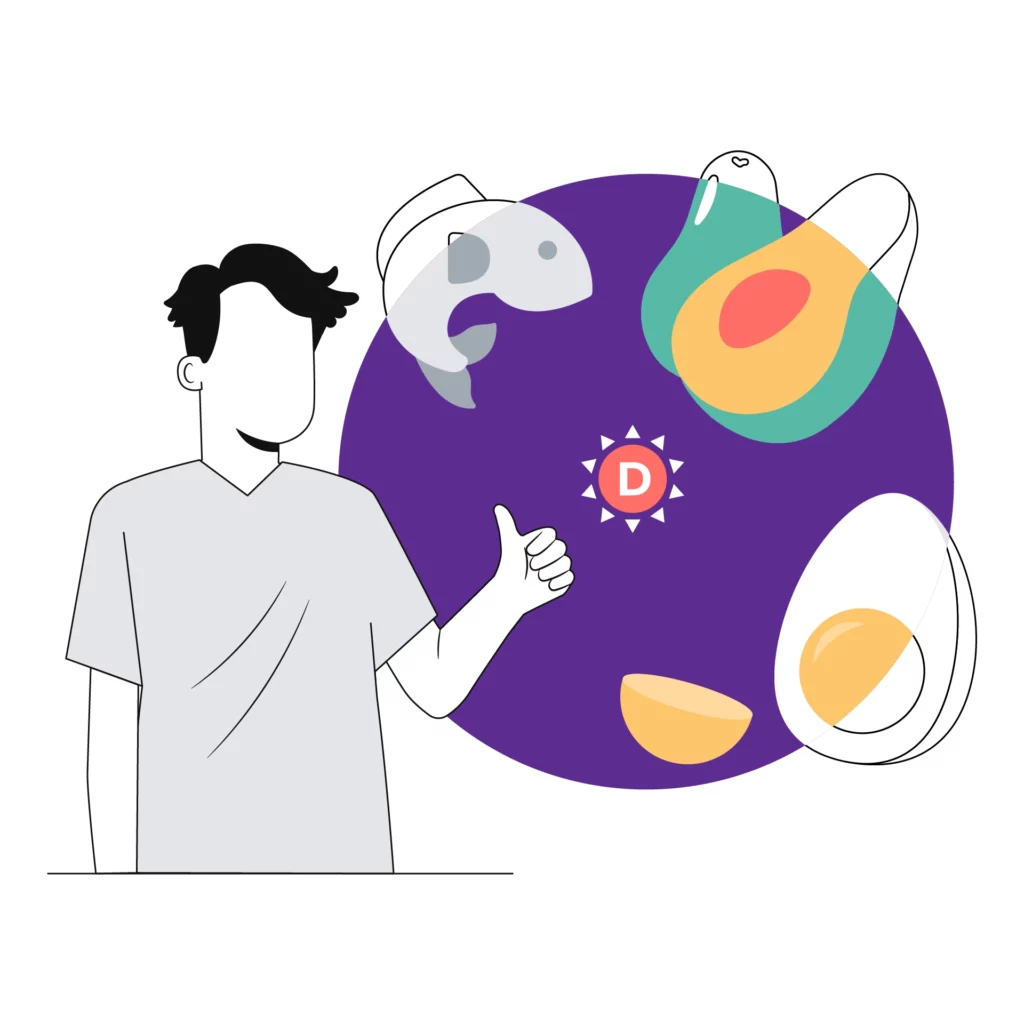
Benefits of Vitamin D
Helps the Body Fight Illnesses
- Multiple Sclerosis: Low vitamin D levels have been associated with an increased risk of multiple sclerosis. High vitamin D is known to prevent multiple sclerosis occurrences [2]
- Heart Disease: Low vitamin D levels have been associated with a higher risk of cardiac conditions such as hypertension, heart failure, and stroke [3]
- Immune System Wellness: Infections and autoimmune conditions such as type 1 diabetes, rheumatoid arthritis, and inflammatory bowel disease are more common in people with inadequate vitamin D levels [4]
Promotes bone health
Vitamin D helps the body absorb calcium, which is essential for maintaining strong bones and preventing bone loss.
Regulates mood and depression
According to research, vitamin D food is vital in controlling mood fluctuations and lowering the incidence of depression. [5] According to different research, low vitamin D levels have been linked to despair, anxiety, and more severe fibromyalgia symptoms. [6]
Aids in losing weight
Studies have demonstrated that overweight individuals who got vitamin D supplements in addition to a weight reduction diet plan lost more weight and fat mass than those who adhered to the diet plan. [7]
Supports brain health
Vitamin D food may play a role in cognitive function and reduce the risk of age-related cognitive decline.
What is Vitamin D Deficiency?
Vitamin D deficiency can result from your body having insufficient levels of the vitamin. Some common risk factors for vitamin D deficiency include living in areas with limited sunlight, having darker skin, being elderly, or having certain medical conditions that affect vitamin D absorption.Symptoms of vitamin D deficiency can vary depending on the severity of the deficiency, but some common signs include the following:
- Weakness or fatigue
- Bone pain or muscle weakness
- Depression or mood changes
- Delayed wound healing
- Hair loss
Chronic health issues, such as the following, can result from severe Vitamin D food deficiency:
- Recurrent infections
- Rickets
- Osteoporosis
- Osteomalacia
- Weakened bones and muscles
- Kidney disease
Vitamin D food is a great alternative to meet your daily requirements of vitamin D and stay healthy. If you're concerned about your vitamin D levels or are experiencing symptoms of deficiency, it's important to speak with a healthcare provider. With Bajaj Health Finserv, book an online appointment and connect with a licensed physician from the comfort of your home.
FAQs
What happens when vitamin D levels are low?
Low vitamin D levels can result in various health issues, including weakened bone density, rickets, anxiety disorders, disrupted sleep patterns, and depression.
Does vitamin D have an impact on hair?
Vitamin D receptors are found in hair follicles, indicating that the nutrient may play a role in hair growth and maintenance.
Can vitamin D supplements replace the need for vitamin D food?
While vitamin D supplements can help increase your vitamin D levels, consuming vitamin D food as part of a balanced diet for overall health and nutrition is still important.
Do bananas have vitamin D?
Bananas do not contain significant amounts of vitamin D, but they are one of the top magnesium-rich foods, which helps the body use vitamin D.
What are the dangers of consuming excessive vitamin D?
Consuming excessive amounts of vitamin D can lead to hypervitaminosis D, which causes nausea, vomiting, constipation, weakness, and weight loss. In severe cases, it can result in kidney damage and abnormal heart rhythms.
References
- https://ods.od.nih.gov/factsheets/VitaminD-HealthProfessional/
- https://www.ncbi.nlm.nih.gov/pmc/articles/PMC5990512/
- https://www.ncbi.nlm.nih.gov/pmc/articles/PMC2851242/#:~:text=Initial%20prospective%20studies%20have%20also,in%20individuals%20with%20preexisting%20CVD.
- https://www.ncbi.nlm.nih.gov/pmc/articles/PMC5440113/
- https://www.ncbi.nlm.nih.gov/pmc/articles/PMC8584834/#:~:text=The%20positive%20effect%20of%20vitamin,%5B21%5D.
- https://pubmed.ncbi.nlm.nih.gov/16850115/#:~:text=There%20was%20no%20relationship%20with,patients%20with%20anxiety%20and%20depression.
- https://pubmed.ncbi.nlm.nih.gov/30246883/
Disclaimer
Please note that this article is solely meant for informational purposes and Bajaj Finserv Health Limited (“BFHL”) does not shoulder any responsibility of the views/advice/information expressed/given by the writer/reviewer/originator. This article should not be considered as a substitute for any medical advice, diagnosis or treatment. Always consult with your trusted physician/qualified healthcare professional to evaluate your medical condition. The above article has been reviewed by a qualified doctor and BFHL is not responsible for any damages for any information or services provided by any third party.

